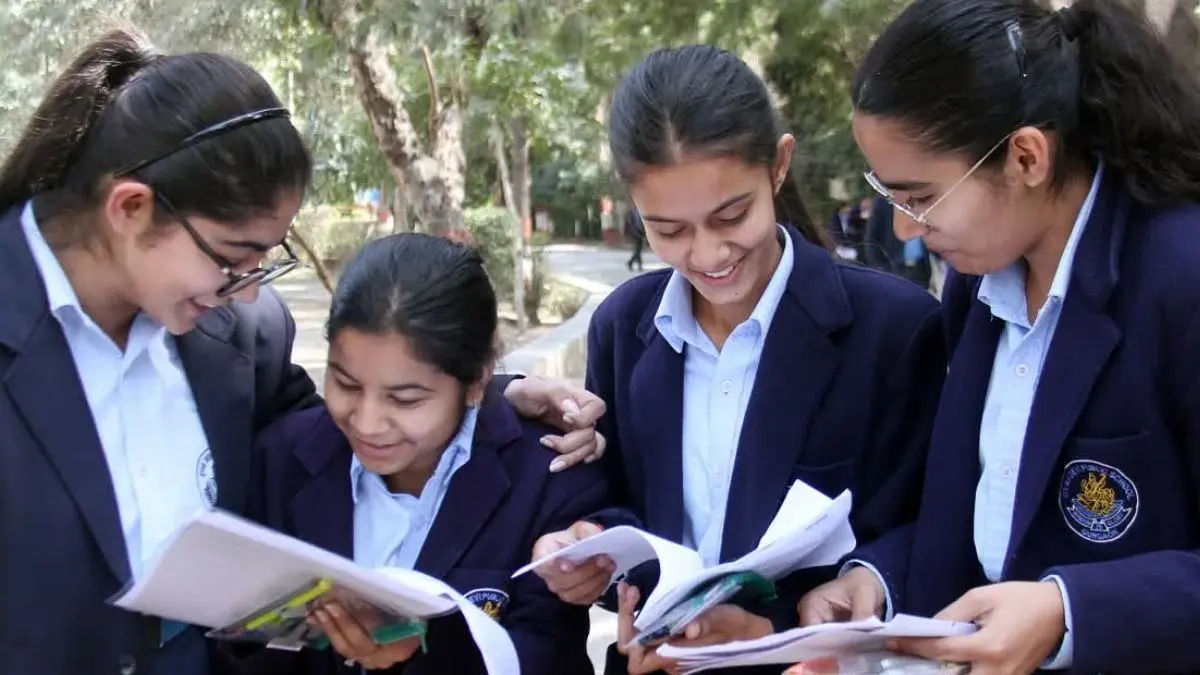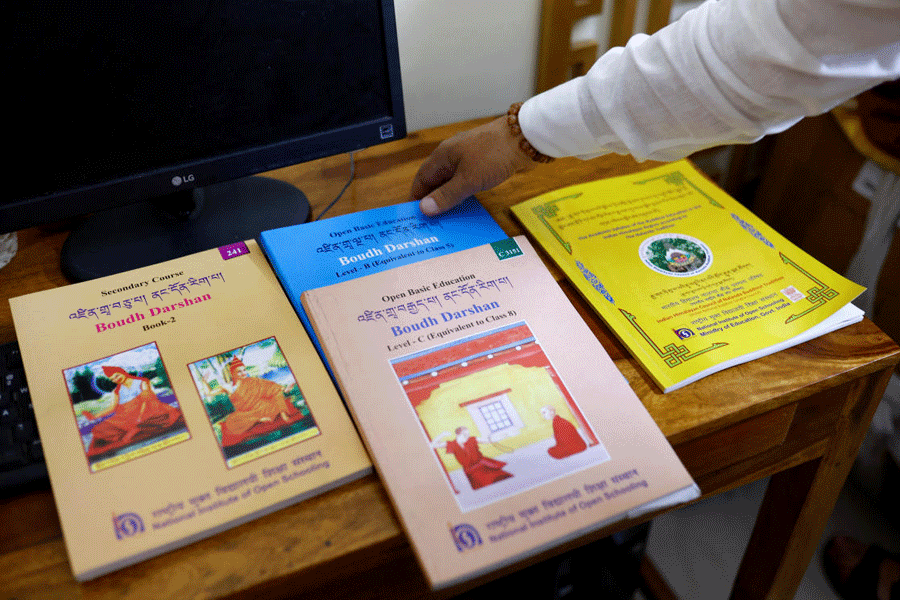India’s school education system is on the brink of a belatra demo historic transformation. The Central Board of Secondary Education (CBSE) has announced that from the 2025–26 academic session, Class 10 students will have the option to appear for their board examinations twice a year. The new system will begin in February, with a second opportunity in April–May, and students will be allowed to keep their best score.
This reform, rooted in the National Education Policy (NEP) 2020, aims to reduce the overwhelming stress and pressure associated with high-stakes testing. Traditionally, Indian students have faced a “one exam decides it all” system, which often punishes those who underperform due to exam anxiety, illness, or personal challenges. By giving two opportunities, CBSE hopes to encourage more balanced preparation and help learners focus on conceptual understanding rather than rote memorization.
Union Education Minister Dharmendra Pradhan has voiced strong support for this change, arguing that India’s education system is capable of adapting to such a model. According to him, the dual exam structure will align Indian education with international best practices and make assessments fairer.
Still, the shift is not without challenges. Schools across the country will have to manage tighter academic calendars, prepare infrastructure for two exam sessions, and train teachers to maintain uniform standards. Parents and educators also worry that instead of reducing stress, the change could create new pressure for students to attempt both exams, treating them as a “must” rather than an “option.”
Despite these concerns, the reform has been welcomed by many education experts as a step toward modernization. By 2026, over two million Class 10 students who take CBSE exams annually will experience this dual-exam structure. If successful, the model could become a blueprint for broader reforms in assessment across India’s vast and diverse school system.



